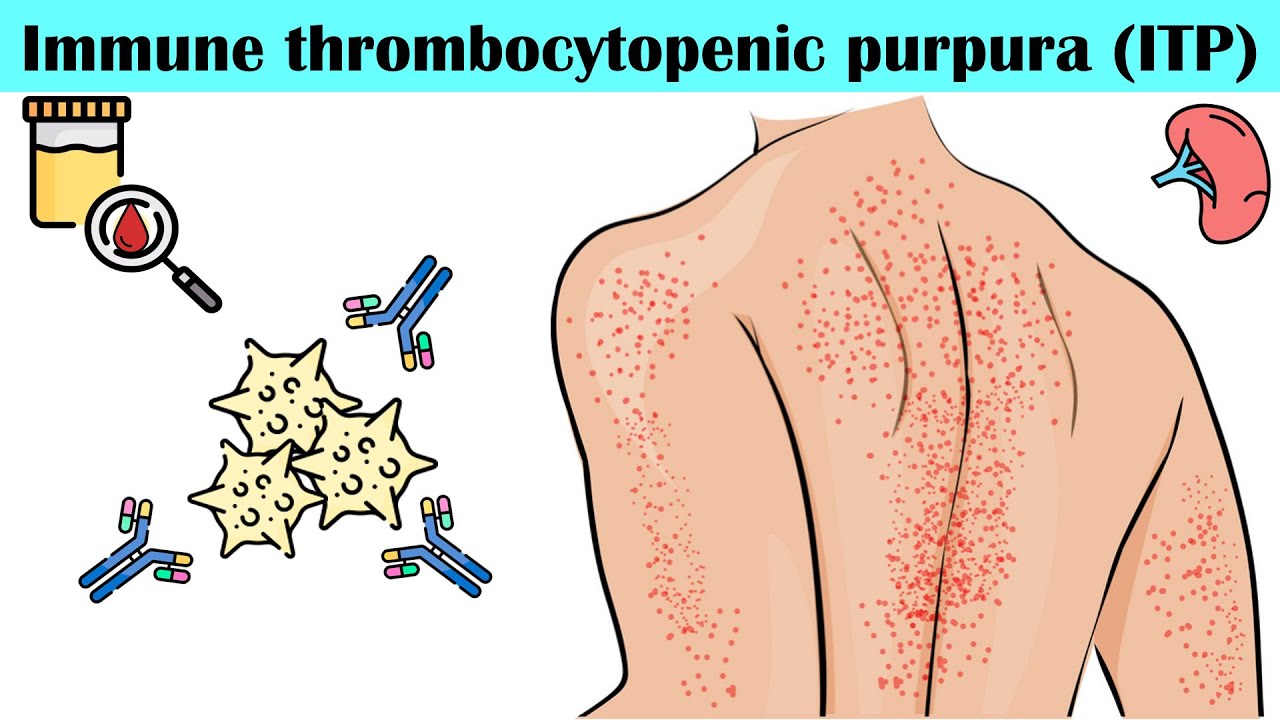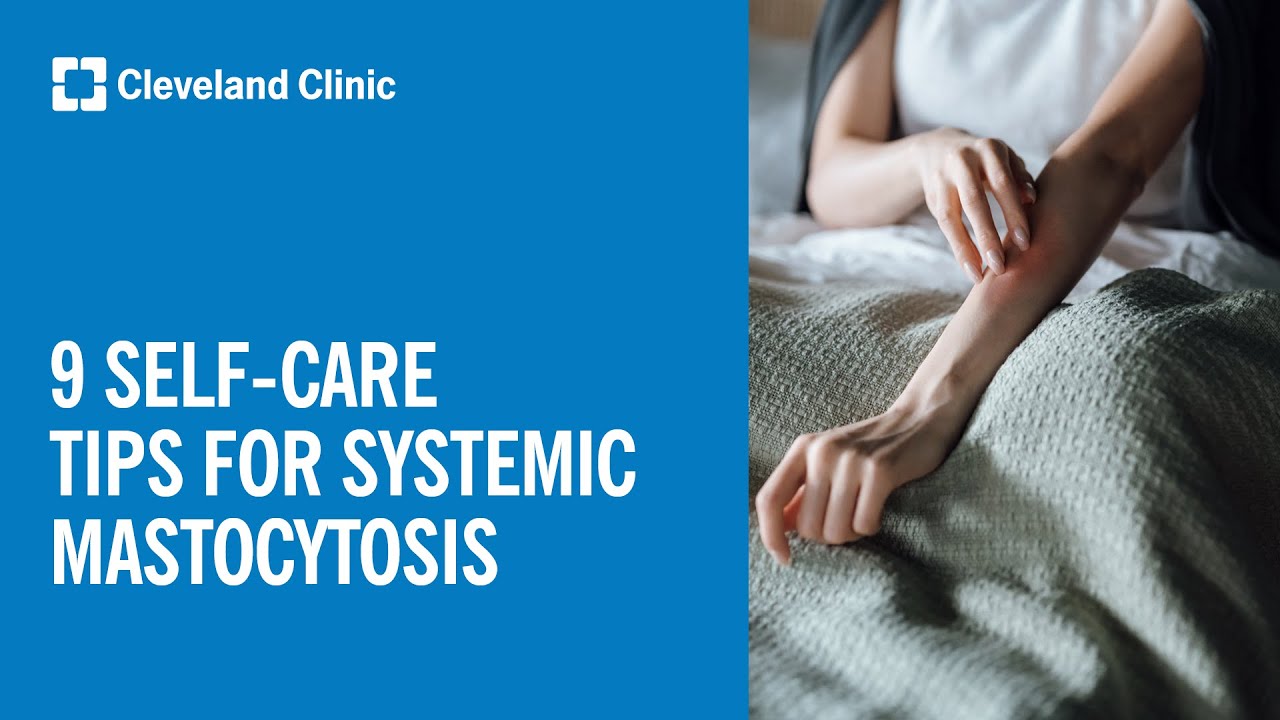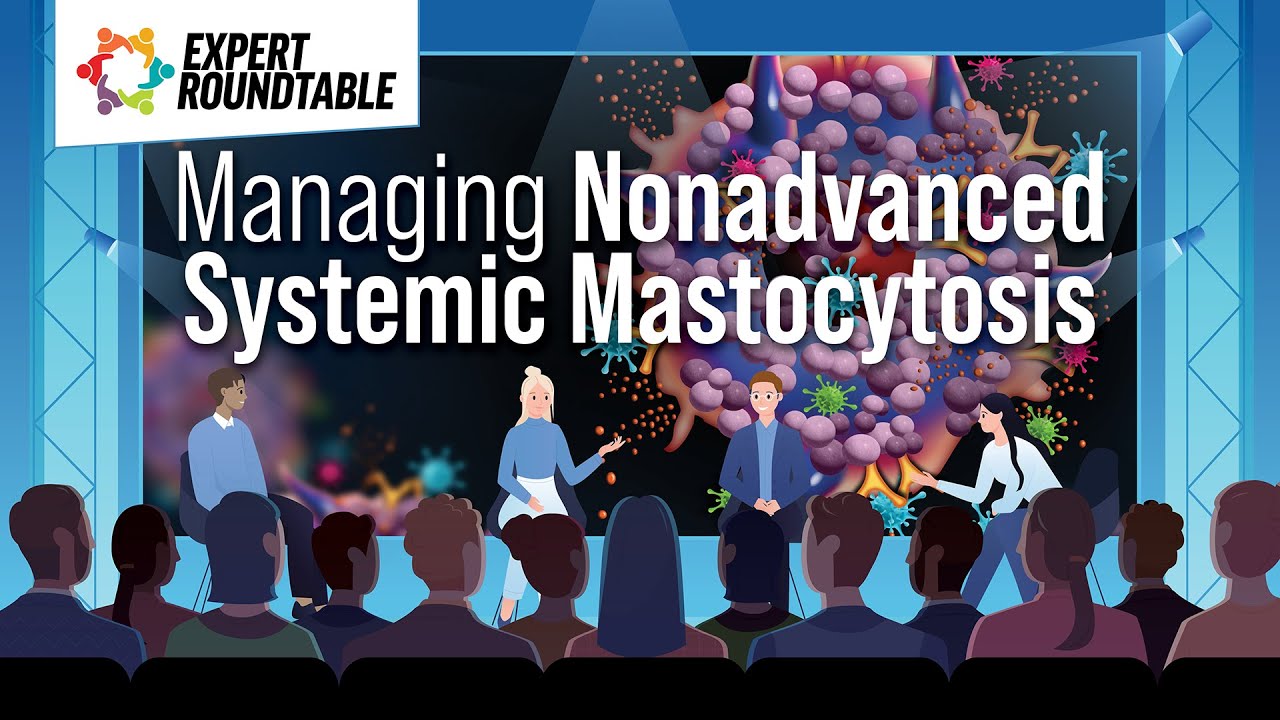The Allergy / Immunology Channel
June 7, 2011 • Allergy / Immunology, Family Medicine, Internal Medicine, Nurses/NP/PA, Pediatrics, Reuters Health • The Doctor's Channel Newscast
NEW YORK (Reuters Health) – Subcutaneous immunotherapy is at least as effective as drug therapy in controlling symptoms of seasonal allergic rhinitis, even in the first season after initiating treatment, a review of published studies indicates.
Writing in the Journal of Allergy and Clinical Immunology online May 27, Dr. Paolo M. Matricardi, with Charite Medical University in Berlin, Germany and colleagues point out that subcutaneous immunotherapy (SCIT) is generally regarded as slow-acting and a second-line option if pharmacotherapy is not effective or tolerated. However, they wondered if SCIT really was less efficient than medication in the short-term control of seasonal allergic rhinitis symptoms.
In reviewing the published evidence, the authors found only four head-to-head comparisons trials, so they also included placebo controlled trials of SCIT and of antihistamines, nasal corticosteroids, or leukotriene antagonists. In all, 42 trials that measured total nasal symptom scores or total symptom scores during the first pollen season after starting treatment contributed to the current study.
Total nasal symptom scores were reduced with SCIT by 34.7% compared to placebo, by 31.7% with mometasone versus placebo, and by 6.3% with montelukast versus placebo, the researchers report.
Similarly, total symptom scores were reduced by 32.9% with SCIT and by 12.0% with desloratadine – again, relative to placebo
“We can conclude that SCIT has not only a disease-modifying and long-term effect… but also has a rather powerful antisymptomatic effect starting as early as the first season after treatment onset,” Dr. Matricardi and colleagues write.
They add, “Our results support the novel concept that cost/benefit analysis of specific immunotherapy in patients with SAR (seasonal allergic rhinitis) should take into account not only its long-term efficacy but also its short-term effect on symptoms.”
J Allergy Clin Immunol 2011.








